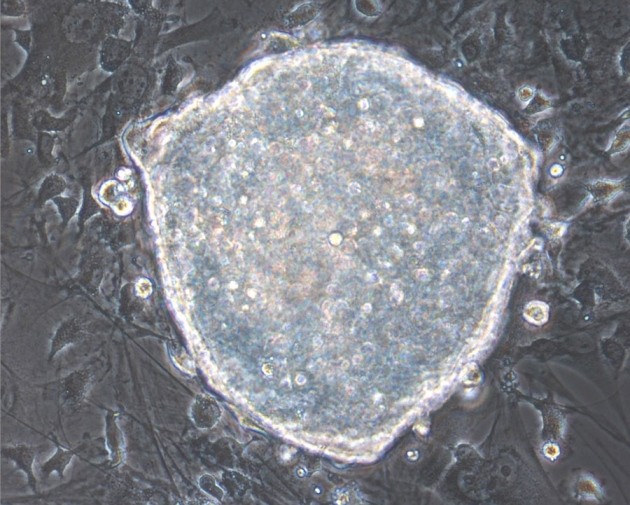Researchers have reprogrammed adult mouse cells to behave like embryonic stem cells, without the need for a stay in a Petri dish.
The technique, published today in Nature, allows researchers to reprogram cells in living mice without removing those cells from their natural environment. Initial tests suggest that these cells are able to take on a wider variety of identities than those generated by earlier methods.
The finding has the potential to accelerate efforts to develop regenerative therapies by avoiding the need to grow cells outside the body and then grafting them back in place, says George Daley, a stem-cell researcher at Boston Children’s Hospital in Massachusetts, who was not involved with the study.
“This work is really at the leading edge of an advancing wave of in vivo reprogramming,” he says. “We’ve been facing big challenges recreating the physiological milieu in Petri dishes and then getting those cells to functionally integrate into the body.”
Those challenges have led some to develop methods to directly convert one cell type into another — for example, converting adult pancreatic cells from a type that aids in digestion to a type that secretes insulin — without removing them from the body or reprogramming them back to an embryonic state. But some researchers, including Daley, say that such reprogramming may be the only way to create cells that can fully recapitulate specialized adult cell type.
Story Source:
The above story is based on materials provided by Nature magazine, Heidi Ledford.





